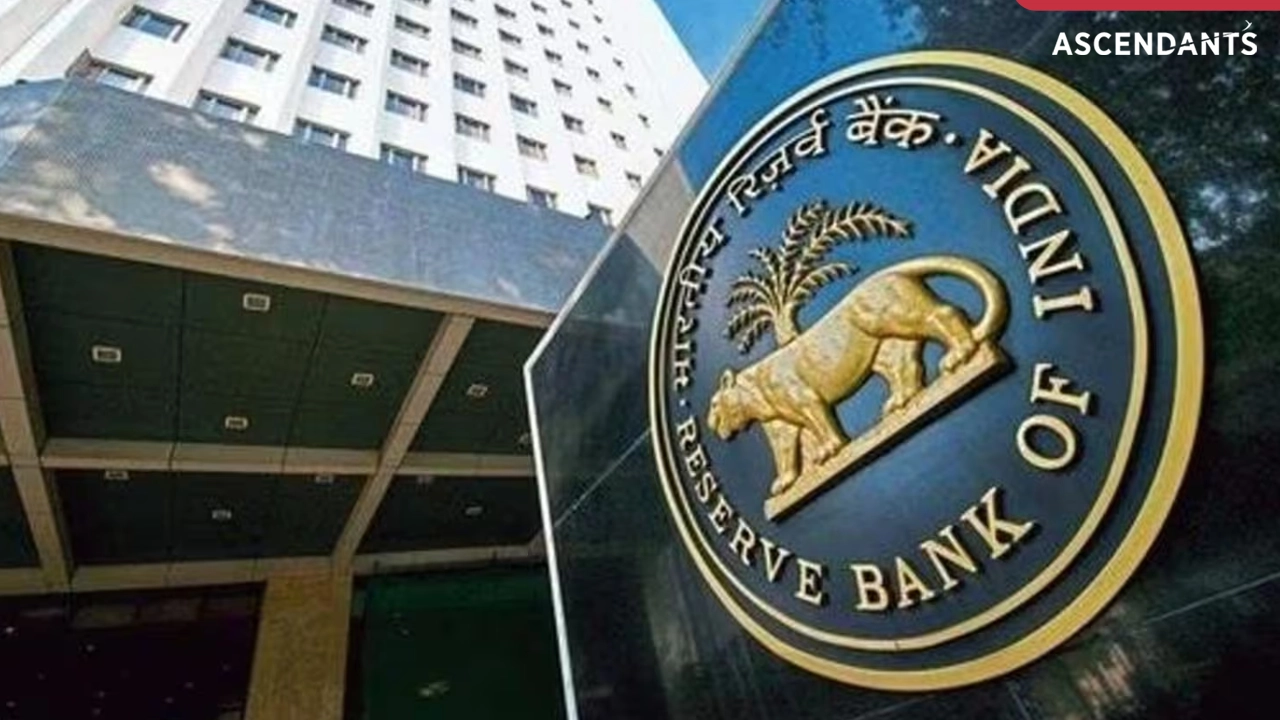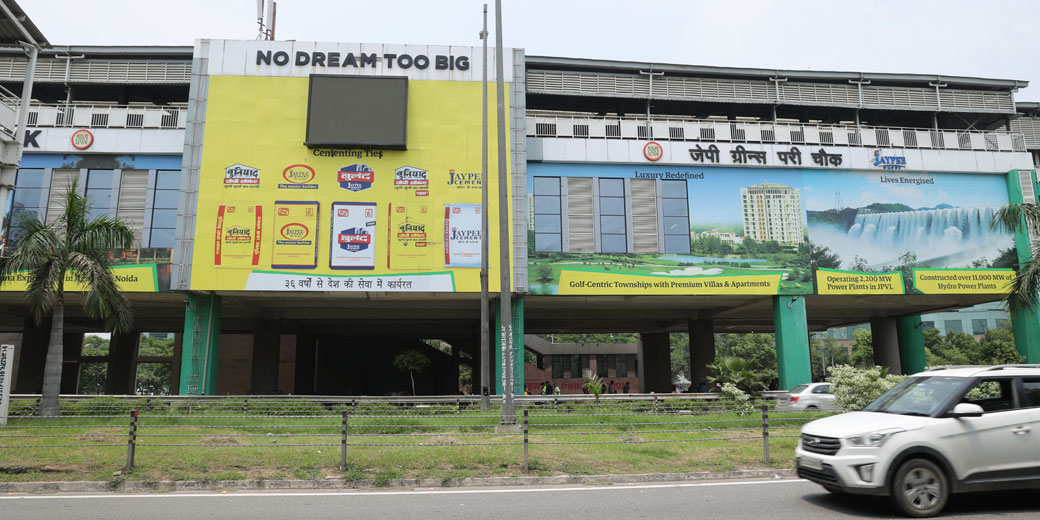The Reserve Bank of India (RBI) plans to put ₹2.5 lakh crore into the bank system with a Variable Rate Repo (VRR) auction. This step is to help banks get cash and keep money flowing. They made this choice after looking at the cash needs in the market.
The RBI will hold VRR auctions every day when banks work in Mumbai. These auctions will end the next workday and will keep going until further notice. This move should give banks the short-term cash they need and stabilize the finance system.
RBI is focused on cash needs
RBI Governor Sanjay Malhotra said
“The bank is committed to maintaining ample liquidity in the financial system. Following a recent monetary review, we will take all necessary measures to ensure cash flow and economic stability. Additionally, we are closely monitoring the Indian rupee and will act as needed to maintain its stability amid global shifts.”
Morgan Stanley‘s take on RBI’s cash plans
A report from Morgan Stanley says the RBI may take more steps, like Open Market Operations (OMO) and foreign exchange swaps, as cash gets tight near the end of March. The report added that if local needs stay low and global worries go on, we might see a long time of rate cuts. The RBI has stressed the need to keep a balance between stability and rules when making plans.
Help for banks: Rules on hold
In a smart move for banks, RBI Governor Malhotra stated that they will hold off on new rules for a year. The new Liquidity Coverage Ratio (LCR) and project finance rules were to start in March 2025 but will now start in March 2026. This choice gives banks more time to get ready and keeps the finance system from having issues.
Public and private banks had shared worries about these rules, fearing that starting them too soon could cause cash issues. The governor heard this from the banks soon after he began his role, following the end of ex-governor Shaktikanta Das’s time. This hold should help banks feel less strain and stabilize the finance system.
With these steps, the RBI keeps working on getting cash help and changing rules to ensure a steady economy for the long term.
























